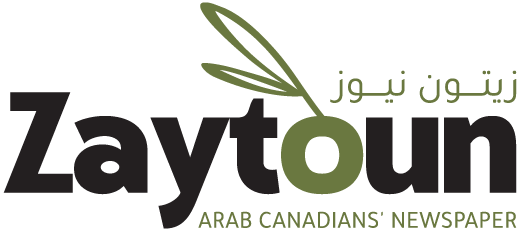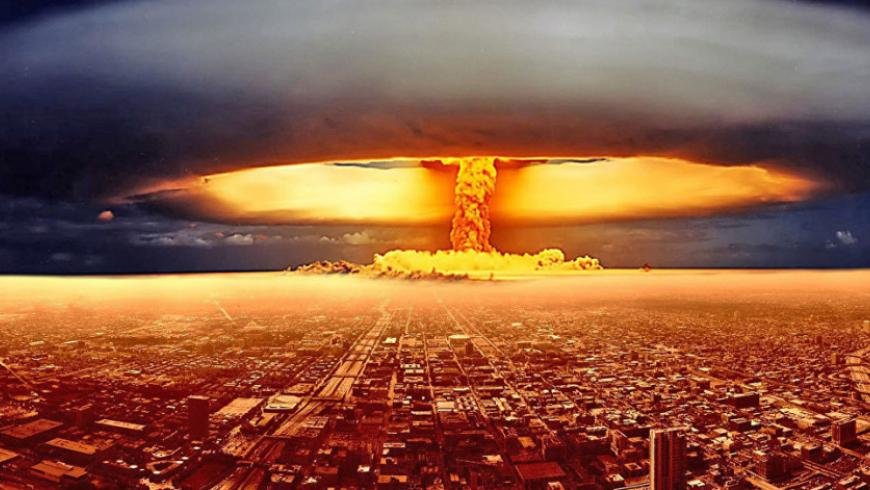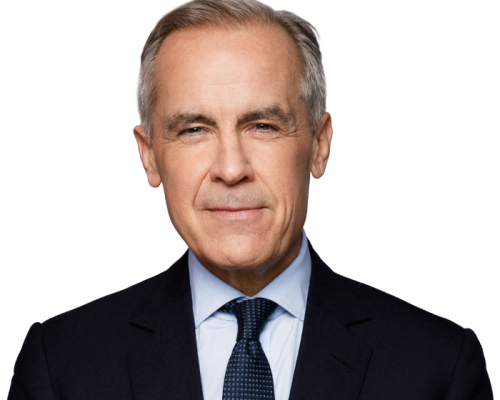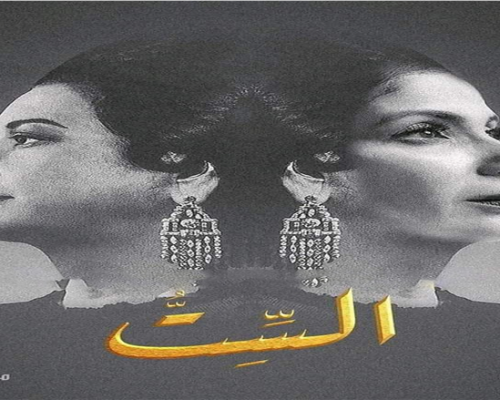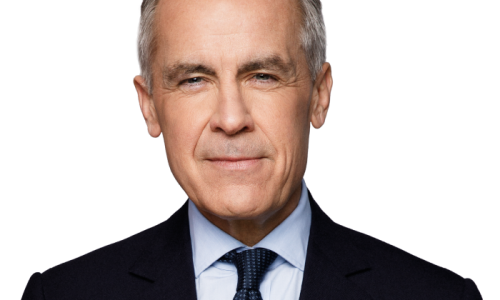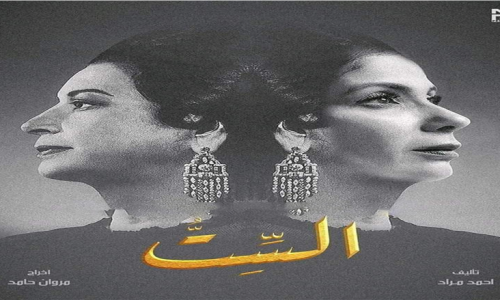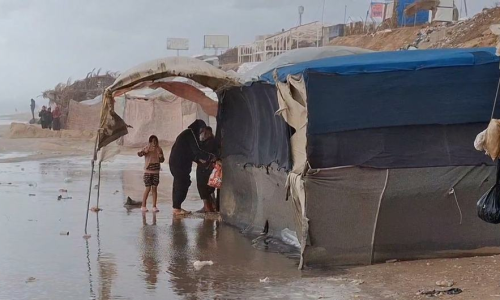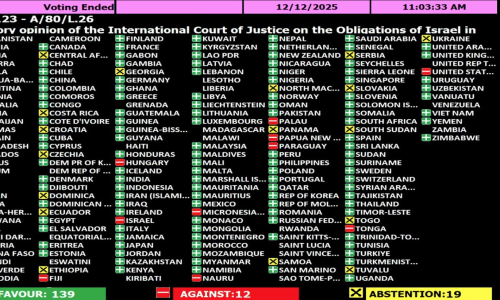By Taghreed Saadeh
Since 1945, the world has entered a new era—often referred to as the age of the nuclear bomb—when the United States detonated the first atomic bomb in history. This test marked a revolution in the world of explosives and destructive weaponry. Soon after, Russia, France, and the United Kingdom followed in developing and acquiring nuclear weapons. Since that time, more than 2,000 nuclear tests have been conducted around the globe.
According to the Stockholm International Peace Research Institute (SIPRI) 2024 report, there are nine countries known to possess nuclear warheads—some officially declared and others undeclared but widely acknowledged.
Russia holds the world’s largest nuclear arsenal, with approximately 5,580 nuclear warheads, including ballistic missiles and nuclear submarines. It is followed by the United States, with 5,244 warheads and a complete nuclear triad (land, sea, and air capabilities).
China possesses around 500 warheads and is planning to double its stockpile within the next few years. France owns 290 warheads as part of its naval and aerial nuclear force. The United Kingdom has 225 warheads, relying mainly on its Trident submarine-based system.
Pakistan has developed around 170 nuclear bombs, largely in response to its regional rival, India, which owns approximately 172 warheads and has medium- and long-range missiles capable of carrying them.
Israel is believed to possess between 80 and 90 nuclear warheads. While it does not officially acknowledge its arsenal, it has been widely known to be a nuclear power since the 1970s.
North Korea has around 50 warheads, having conducted multiple nuclear tests since 2006, and continues to develop its capabilities.
The total global stockpile of nuclear warheads as of 2024 is estimated at 12,100, of which about 9,500 are held in military storage and more than 3,700 are deployed and ready for launch.
Countries Developing Nuclear Programs
Iran is among the nations actively developing its nuclear program. Although it signed the 2015 nuclear deal, it resumed uranium enrichment after the United States withdrew from the agreement. Tehran denies any intention to develop a nuclear weapon, but reports by the International Atomic Energy Agency (IAEA) indicate that its enrichment levels are approaching weapons-grade thresholds.
Countries That Abandoned Nuclear Programs
Among the countries that abandoned their nuclear ambitions is Iraq. Reports indicate that former President Saddam Hussein pursued a secret nuclear program at the Tammuz reactor. In 1981, Israel destroyed the reactor in Operation Opera. After the Gulf War in 1991, Iraq was forced to dismantle its entire nuclear infrastructure under UN supervision.
Libya secretly sought nuclear technology in the 1990s with assistance from Pakistan. In 2003, Tripoli publicly renounced its program and handed over its components to the West in exchange for improved international relations.
Syria was accused of building a secret nuclear reactor in Deir ez-Zor with the help of North Korea. In 2007, Israel launched an airstrike and destroyed the suspected site. Damascus continues to deny these claims, although the case remains open with the IAEA.
Saudi Nuclear Ambitions
Saudi Arabia has expressed strong interest in nuclear technology but has so far refused to sign the IAEA’s comprehensive safeguards agreement. The Kingdom has announced plans to develop a peaceful nuclear program. The nuclear file was reportedly among the issues discussed during President Donald Trump’s visit to Riyadh last month.
International reports suggest that Saudi Arabia is particularly interested in uranium enrichment technology, raising concerns about the Kingdom’s long-term intentions. Crown Prince Mohammed bin Salman has hinted that Riyadh may pursue a nuclear weapon if Iran acquires one.
Egypt’s Peaceful Nuclear Path
Egypt initiated its nuclear program under President Gamal Abdel Nasser in cooperation with India’s civilian nuclear initiative, which later developed weapons capability. Egypt, however, has remained committed to peaceful use. It currently operates research reactors only and has reiterated its pledge not to pursue nuclear weapons.
